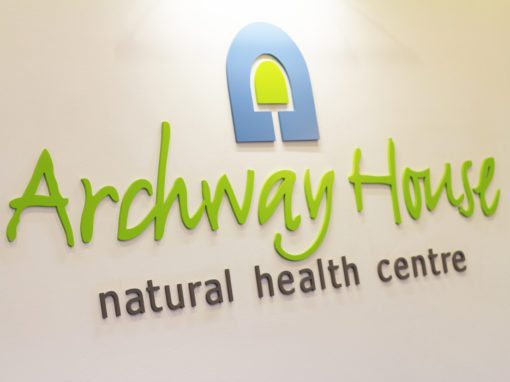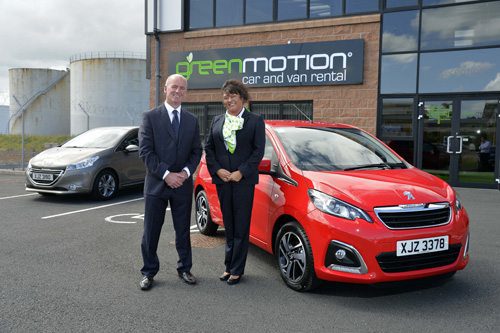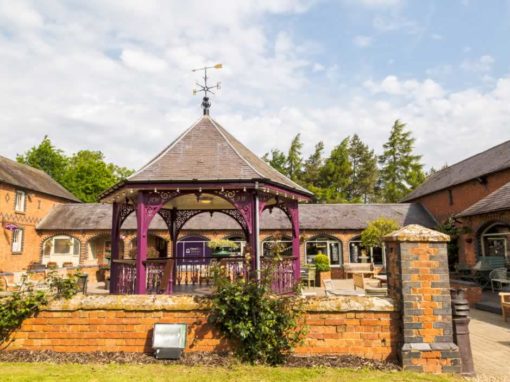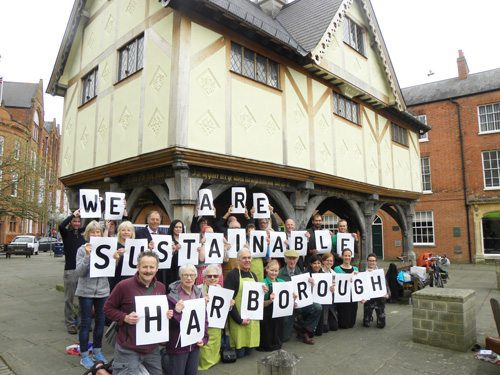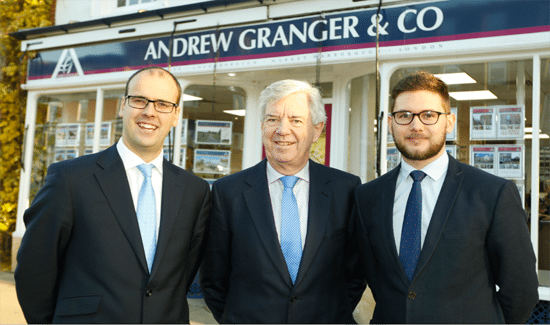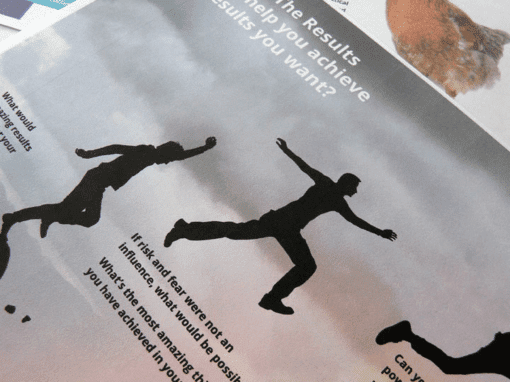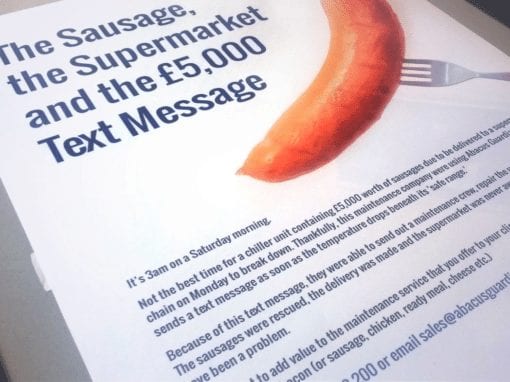PR Services
Press releases, publicity, articles, media coverage and public relationsWhat is PR?
There are many different definitions of public relations. In a nutshell, PR for business is all about communication – working to manage and enhance your company’s reputation. This is mainly achieved by submitting interesting news stories and articles to the media – including newspapers, magazines, digital publications, websites, blogs, social media platforms, TV and radio. Ultimately, PR should aim to inform and educate rather than persuade and convince.
The Chartered Institute for Public Relations defines PR as:
“…the discipline which looks after reputation, with the aim of earning understanding and support and influencing opinion and behaviour. It is the planned and sustained effort to establish and maintain goodwill and mutual understanding between an organisation and its publics.”
The use of the words ’planned’ and ‘sustained’ are key to this definition – good PR doesn’t just happen. It is part of a holistic strategy.

Why should businesses have a PR strategy?
Want to build a great reputation? Want to get people talking about your products and services? Want to reach a wider audience without the significant financial outlay involved in advertising? PR could be the missing link in your marketing strategy.
Strategic PR (which ideally forms part of a joined-up marketing approach) will help to:
- Raise awareness of your organisation, products and services
- Drive customers to your website
- Influence the opinion that others have of your organisation, products or services
- Build relationships with customers and prospects
- Establish credibility
And much more. In fact, great PR is one of the most valuable and cost-effective marketing tools you have at your disposal – which is why we think every company should consider carrying out some form of PR on a regular basis.
Different forms of PR for business
Like any successful marketing activity, PR should be carefully planned. You need to decide what you want to achieve, who your target audience is, which media are most suitable for your purposes and what kind of messages you want communicate. At Ideal Marketing we offer a full range of public relations services including:
- Advice on developing a PR strategy
- Writing and issuing press releases
- Media liaison
- Identifying the right audience
- Building media lists
- Pitching, writing and editing articles
- Online and offline PR and outreach
- Building relationships with influences and bloggers
Helping you to maximise the value of your PR.
Press releases – One of the main PR tools is a press release. Although it’s been around a long time, and the nature of media is changing, the press release is still an effective way of promoting your brand and sharing your news with your target audience. However, it’s not the easiest skill to master. People don’t always realise what makes a good story and often fall into the trap of creating an advert rather than a news story. This is where Ideal Marketing can help. We have been working with clients to write newsworthy stories since 2003, so we know how to write an engaging press release; what the media will be interested in – and what they won’t. Find out more about how to write a great press release here.
Articles – Chances are you know a lot about your industry. You will have knowledge, experience and opinions – that makes you an expert, so why not share that knowledge with others? Pitching and writing articles is a great way to position yourself as an expert and raise the credibility of your organisation. At Ideal Marketing, we help generate article ideas and write article pitches as well as writing and editing text and liaising with journalists.
Media relations – Developing relationships with journalists is an important part of a successful PR strategy. If a journalist knows and trusts your PR agency’s work, they are more likely to publish your news and come to you for quotes and input.
Digital media – PR is no longer just about writing and print. Podcasts and videos are just two examples of how to reach a specific audience in a different way. It is also important to identify key influencers and bloggers who could offer useful website backlinks.
Following up – It doesn’t end when you have story published. There are ways of optimising all that positive coverage to ensure that you get a great return on your PR investment. Ideal Marketing can help ensure that your media coverage is used to maximum effect.
Online or offline PR?
The simple answer? Both!
Offline PR describes coverage in the more traditional forms of media such as printed newspapers and magazines, which still offer valuable exposure and credibility and may appeal to a specific audience. Outreach and online PR describes coverage in digital magazines, websites and social media. Online PR is a very useful way of creating important backlinks to your website, improving your website’s Google ranking and making it easier to be found. The higher the domain authority, the better the website for offering useful backlinks.
PR versus advertising
PR is not advertising; it is not a paid-for service. Advertising is all about persuasion and is a paid-for service. There are times when running an advert will be the best marketing strategy to achieve your goal. And there will be other times when PR fits the bill. One huge advantage that PR has over advertising is that because it is informative and truthful, people believe it. They know that an advert has been paid for and so they are less likely to believe the advertiser’s message. People are also more likely to read editorial than advertorial.
7 PR FAQs
Is PR free coverage? No, although you don’t pay a publication or website to feature your company, it does take time, and this should form part of your calculations when setting your PR budget.
Is it OK to bend the truth? Definitely not. PR should be based on honest communication. If you are economical with the truth you will soon be found out and this will ruin your credibility with journalists.
What makes a good news story? This needs to be based on fact and something needs to have actually happened e.g. a new product, a community initiative, a company expansion – the list is pretty long.
What makes a good article? You need to offer information, opinions or advice to the reader. It should be interesting, thought-provoking and ideally, topical.
What’s the best way to contact a journalist? Most people prefer email as phone calls are very disruptive and journalists sometimes get hundreds (or more) press releases a day. However, there are exceptions to every rule.
Is it good practice to call a journalist to make sure they have received my press release? Opinion does vary, but the response we hear from most journalists is no. For much the same reasons cited above.
Can anybody have a go at PR? Certainly, if you have the time and the inclination you might want to try your hand at your own PR. However, if you have the budget, it makes sense to use professionals who already have the expertise and the contacts. It takes skill and experience to create a successful PR campaign.
A joined-up approach to PR and marketing
PR works best when it is part of coherent, co-ordinated marketing strategy. Some organisations just use the Ideal Marketing Company for PR and that’s fine, but to really maximise the potential that PR offers businesses, it should form part of a joined-up approach to marketing.
For a free initial consultation or to discuss any aspect of your company’s PR requirements contact Helen Campbell on 01858 374 170 or email helen@idealmarketingcompany.com.
Our PR work





